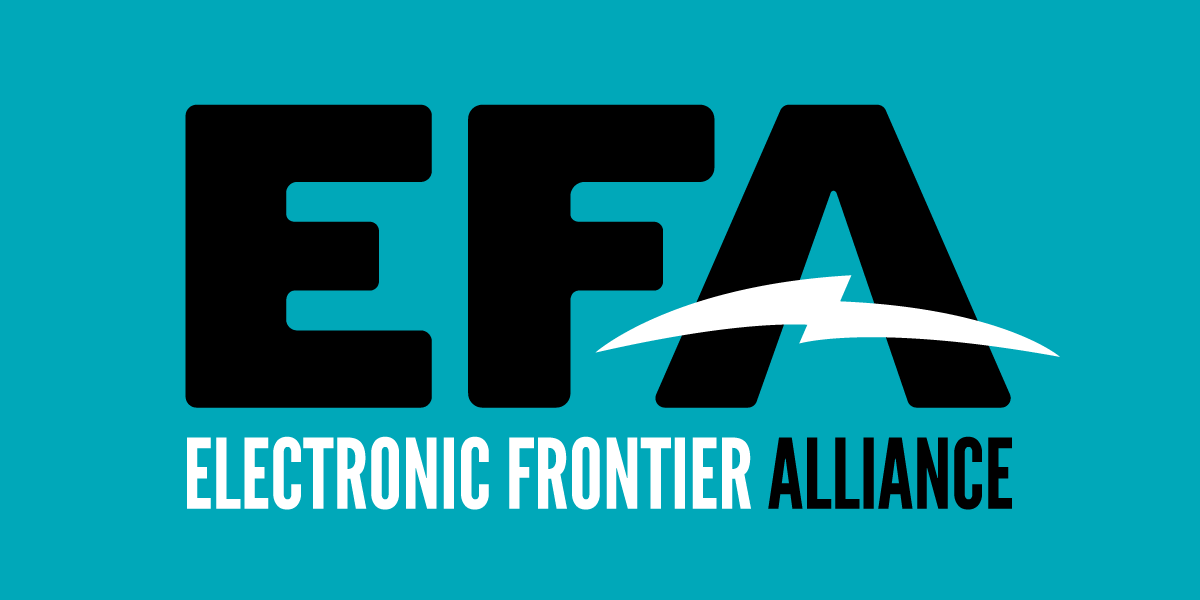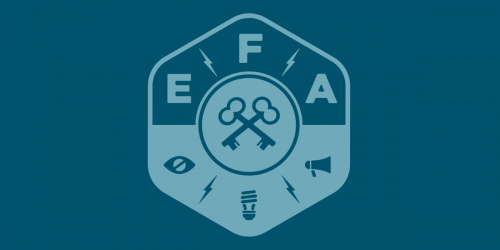A Georgia court has decided that private non-profit Atlanta Police Foundation (APF) must comply with public records requests under the Georgia Open Records Act for some of its functions on behalf of the Atlanta Police Department. This is a major win for transparency in the state.
The lawsuit was brought last year by the Atlanta Community Press Collective (ACPC) and Electronic Frontier Alliance member Lucy Parsons Labs (LPL). It concerns the APF’s refusal to disclose records about its role as the leaser and manager of the site of so-called Cop City, the Atlanta Public Safety Training Center at the heart of a years-long battle that pitted local social and environmental movements against the APF. We’ve previously written about how APF and similar groups fund police surveillance technology, and how the Atlanta Police Department spied on the social media of activists opposed to Cop City.
This is a big win for transparency and for local communities who want to maintain their right to know what public agencies are doing.
Police Foundations often provide resources to police departments that help them avoid public oversight, and the Atlanta Police Foundation leads the way with its maintenance of the Loudermilk Video Integration Center and its role in Cop City, which will be used by public agencies including the Atlanta and other police departments.
ACPC and LPL were represented by attorneys Joy Ramsingh, Luke Andrews, and Samantha Hamilton who had won the release of some materials this past December. The plaintiffs had earlier been represented by the University of Georgia School of Law First Amendment Clinic.
The win comes at just the right time. Last Summer, the Georgia Supreme Court ruled that private contractors working for public entities are subject to open records laws. The Georgia state legislature then passed a bill to make it harder to file public records requests against private entities. With this month’s ruling, there is still time for the Atlanta Police Foundation to appeal the decision, but failing that, they will have to begin to comply with public records requests by the beginning of July.
We hope that this will help ensure transparency and accountability when government agencies farm out public functions to private entities, so that local activists and journalists will be able to uncover materials that should be available to the general public.











